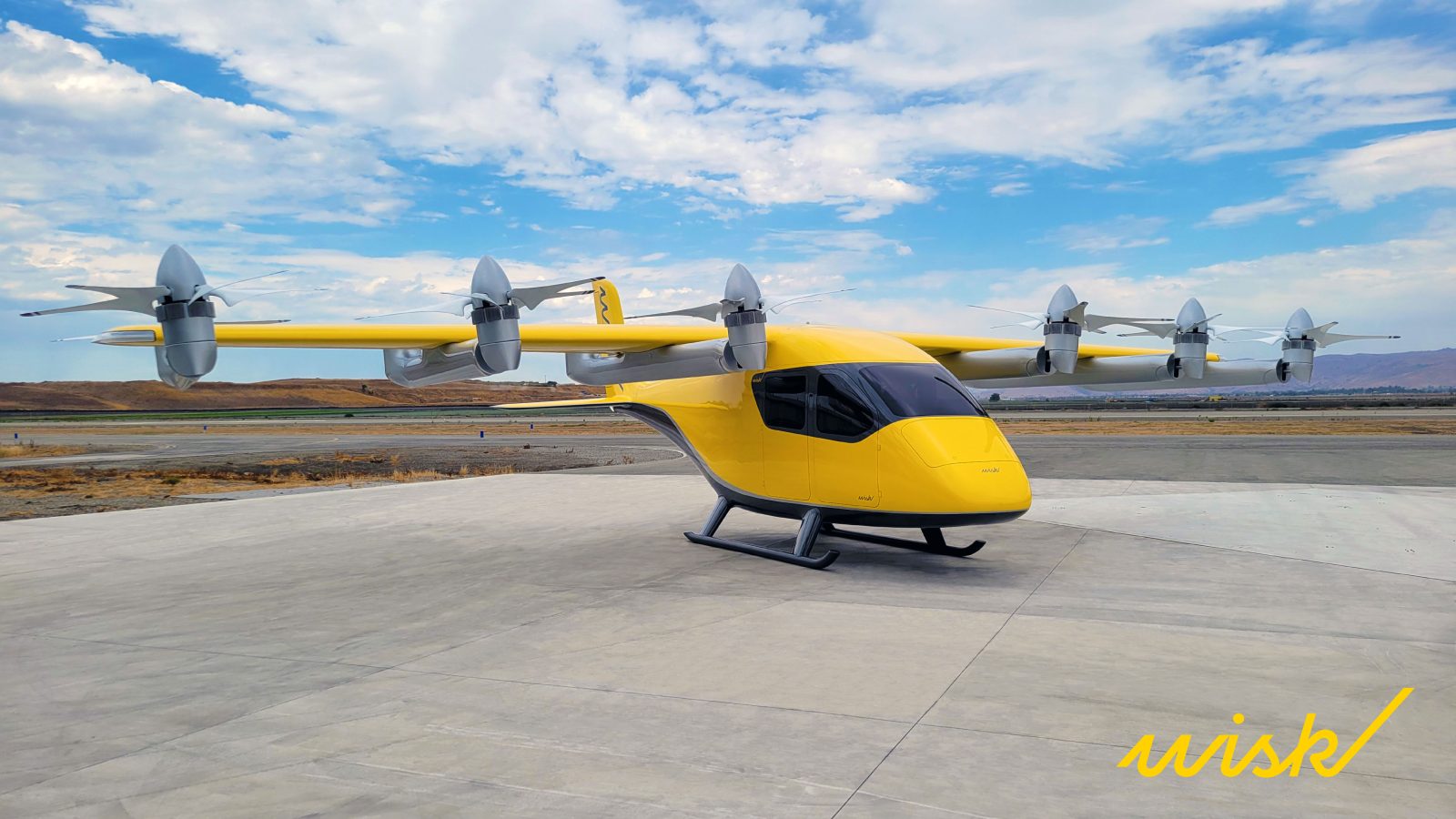
When it was announced a week ago within a package of headline-making developments, Archer’s agreement with air taxi rival Wisk to end their bitter legal feud was greeted as an immediate win for both startups – though some evidence now says the biggest medium- to longer-term gains stand to be made by Wisk owner and aviation mastodon, Boeing.
Announced as it was amid big news the company had also secured $215 million in new capital, and received a Special Airworthiness Certificate for its production Midnight air taxi from the Federal Aviation Administration, Archer’s settlement with Wisk was initially scored as another significant step forward in the firm’s continuing streak of achievements.
It would, after all, spare both companies – and the entire nascent air taxi sector – an expectedly ugly court battle set to begin next month, and meanwhile transform bitter foe Archer into Wisk’s customer of its autonomous flight technology.
Read: Misappropriation lawsuit between eVTOL rivals signals nearing of lucrative business activity
Just as remarkably, it also ushered in Boeing – which earlier this year took full ownership of Wisk – as a direct shareholder in Archer, thus turning the aviation giant into an active supporter of its air taxi development efforts, too.
But this was business, so someone had to come out with a shorter end of the stick, right?
“Ish,” is the take of Seattle Times aerospace expert Dominic Gates, who indicates that while the deal includes something valuable for all parties, Boeing stands to take away more from the bargain than it’s putting in.
Based on interviews with officials of both startups following the announcement, Gates says funds Boeing is investing in Archer up front will ultimately all flow back into the Seattle company’s coffers as payments Archer will make to Wisk for transfers of automation pilot systems – not to mention future dividends.
“Boeing money can be used for one purpose only: to pay Wisk for its autonomous flight technology when Archer is ready to make its air taxis capable of flying without pilots,” Gates writes. “Archer won’t attempt pilotless planes before 2028, but when it does, Boeing will benefit from its own investment.”
Complete details of the settlement are unknown – thus far limited to Archer accounting small print noting charges tied to “agreements between Boeing, Wisk and the Company, which provide for certain investments by Boeing into the Company, an autonomous flight collaboration between the parties, issuance of certain warrants to Wisk, and resolution of litigation between them.”
But Gates says Boeing’s equity stake in Archer will be worth $25 million immediately, and up to $45 million over time. That amount will partially offset by money saved by its Wisk affiliate not prolonging the long and costly court battle with its erstwhile air taxi enemy. Added to those economies will be Archer’s payments for self-flying tech, and Boeing’s share of future profits.
Read: Archer, Wisk swap legal war for air taxi automated flight tech partnership
Far from getting hosed in the bargain, Archer will benefit from Wisk’s from-the-word-go plans to launch its air taxis as autonomous planes – thereby facilitating its own evolution in that direction. It will also avoid the expense and horrific PR the looming legal showdown that appeared assured for everyone involved in the fight.
Apart from those latter considerations, it’s a little less obvious what major gains Wisk will take away from the de facto agreement of parent Boeing to cease hostilities and cooperate with Archer in air taxi development. Still, the considerable legal turbulence it had been navigating for over two years of litigation must have created enormous distractions from its otherwise steady progress pursuing its rival advanced air mobility proposal – a core activity Wisk will now be able to focus on and finance exclusively.
FTC: We use income earning auto affiliate links. More.



Comments